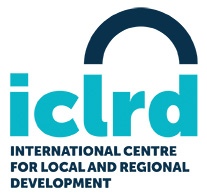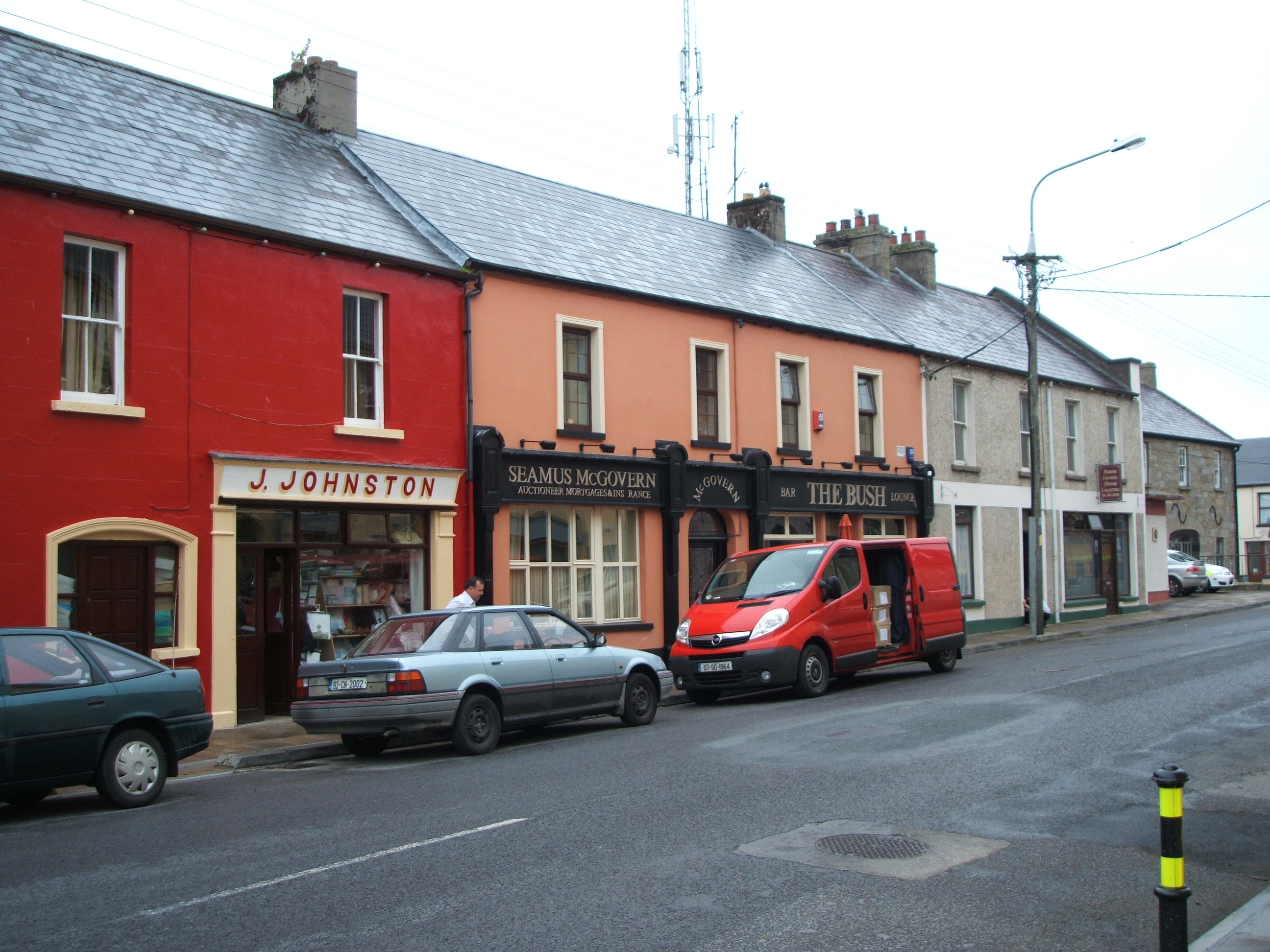The International Centre for Local and Regional Development (ICLRD) is publishing a series of short timely articles that explore how various forms of planning, enacted at different spatial scales, can contribute to better collaboration on the pressing issues facing both the Republic of Ireland and Northern Ireland.
By considering both jurisdictions on the island and the potential synergies and efficiencies that can be realised through cooperation, we aim to provide a more rounded view than considering each jurisdiction in isolation. We believe that good planning, following international best practice, can be a major part in the crafting of practical solutions to inter-jurisdictional and cross-border cooperation.
These short briefs will consider the key topics, challenges and opportunities for cooperation under discussion in Belfast and Dublin (and elsewhere) and explore the critical relationships between planning and the wider economy, the environment, energy, services, housing and infrastructure.
The first in the series of articles will be written by experts that bring an understanding of planning at work in both jurisdictions and explore how and why good planning on the island can make a positive difference to how the economy functions and recovers.
Good Planning Key to Future Success No 1 – November 2009
The paper by Rob Kitchin and Alastair Adair on Good Planning Key to Future Success argues that the opportunity for a long term, sustainable recovery is greatly increased through strategically aware and robust planning systems. This means, on the one hand reform of the planning systems and on the other the implementation of the NSS and RDS and investment in sectoral and spatial planning initiatives.
Linking Spatial Planning with Public Investment: Perspectives from the Island of Ireland – No 2 December 2009
The paper by David Counsell and Greg Lloyd on Linking Spatial Planning with Public Investment: Perspectives from the Island of Ireland explores the relationships between spatial planning and public investment on the island of Ireland, comparing the different approaches in Northern Ireland and the Republic of Ireland, identifying key challenges for the two governments and drawing lessons for the future.
The Conditions Necessary for Gateway Development & the Role of Smaller Gateways in Economic Development – No. 3 January 2010
The paper by Jim Walsh and Cormac Walsh on The Conditions Necessary for Gateway Development & the Role of Smaller Gateways in Economic Development reviews the conditions necessary for Gateway development and explores the role of the smaller Gateways in economic development. While this paper focuses on the National Spatial Strategy in the Republic of Ireland, the key factors contributing to regional competitiveness in smaller regional centres in Northern Ireland are similar.
ESPON and the EU Research Agenda – No. 4 February 2010
The paper by Cliff Hague and Brendan Bartley on ESPON – A New Practical European Research Agenda for Territorial and Development reviews the new ESPON programme, covering the period 2007-2013, in terms of its contribution to the emerging territorial cohesion agenda of the European Union. The paper also provides a synopsis of the evolution of EU policy from spatial planning in the late 1990s to the current emphasis on territorial development and cohesion.
Evidence-Informed Spatial Planning: A Boston Metro Perspective – No. 5 May 2010
The paper by Holly St Clair, Metropolitan Area Planning Council (MAPC), Boston on Evidence-Informed Spatial Planning: A Boston Metro Perspective highlights a number of the different collaborative initiatives in which MAPC has been engaged in the Boston Metro area. The paper also discusses the role of evidence-based planning on responding to an identified need, and the increasing requirement for organisations to be flexible and adaptive to changing local and regional circumstances.
Recovery Scenarios for the Two Irish Economies — No.6 July 2010
The paper by Prof. John FitzGerald, The Economic and Social Research Institute (ESRI) considers the problems facing both economies on the island of Ireland, and how these same problems need to be addressed in terms of where future employment opportunities are located – and the nature of this. It further argues that all aspects of policy should focus on the unemployed if we are to rapidly reverse the growth in numbers in consistent poverty.

